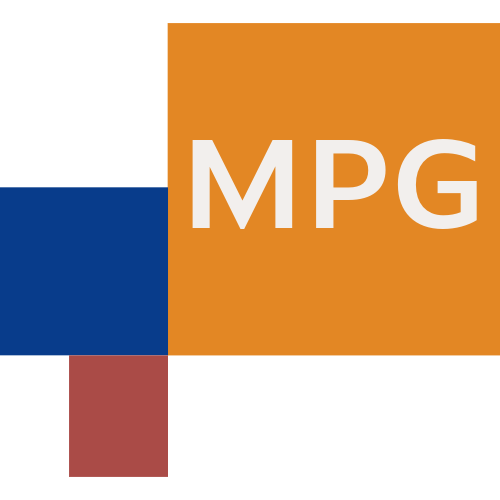menu
menu
Menu
cancel
- arrow_back_iosBacknavigate_nextpersonPersonal
- groupCommunities
- articleBlogs
- eventEvents
- sourceTemplates
- question_answerQuestions
- schoolLearning
- business_centerBusiness
- live_helpFAQ
- This question explores the potential for blockchain to provide immutable and transparent records of government transactions and decisions, thereby increasing accountability and reducing the op...
- This question examines the possibility of using blockchain to create secure, tamper-proof voting systems that could improve voter turnout, allow for more timely and accurate vote counting, and...
- This question addresses the practical and technical obstacles, such as regulatory concerns, data privacy issues, and the need for digital infrastructure, that governments must consider when ad...
**How can blockchain technology enhance transparency and reduce corruption in government processes and public sector operations?
2. **What are the potential challenges and limitations of implementing blockchain-based voting systems in elections, and how can they be addressed to ensure security and accessibility?
3. **In what ways could blockchain be used to streamline and improve the efficiency of bureaucratic processes, such as land registry or identity verification, within government institutions?
**How can blockchain technology enhance transparency and reduce corruption in governmental processes?
- This question explores the potential for blockchain to provide an immutable and transparent ledger of governmental transactions, decisions, and procedures, which could reduce opportunities for...
- This question delves into the technical, legal, and social challenges that might arise when integrating blockchain into governmental systems, such as issues of scalability, privacy concerns, r...
- Here, the focus is on the potential for blockchain to streamline the electoral process by ensuring secure and tamper-proof voting records, enhancing voter trust and participation, and potentia...
